Govt. will offer higher wages to public sector
The Serbian government will offer unions and employers a social agreement that would guarantee social stability - according to Labor Minister Rasim Ljajić.
Monday, 28.03.2011.
10:50

The Serbian government will offer unions and employers a social agreement that would guarantee social stability - according to Labor Minister Rasim Ljajic. The government, whose Social-Economic Council was meeting today in Belgrade, also expects the document to end ongoing strikes in Serbia. Govt. will offer higher wages to public sector The government today revealed that it would offer public sector workers a salary raise of seven percent, and an increase in the price of working hour to RSD 98. The extraordinary meeting of the council was concluded with a decision to have the so-called social agreement signed by the end of the week. The meeting of the council came after Friday's protest of some 10,000 people gathered by public sector unions. "The prime minister will lay out the directions of the economic policy for this year, with plans, our predictions and a concrete offer that will go toward other social partners, unions and employers, to reach a social agreement that would be binding for all three sides and valid through 2011," Ljajic explained ahead of the session today. However, Alliance of Autonomous Unions of Serbia leader Ljubisav Orbic - who presides over the council and spoke before its meeting on Monday - believes that the government proposal will bring nothing new, and adds that similar previous moves did not improve the difficult circumstances faced by workers in Serbia. However, Orbovic said that "the two sides have never been closer to finding a solution". "According to us, this agreement must contain a very important point and without it, it will be meaningless - as long as the Social-Economic Council has its function - and that is to legally regulate the issue of the council's opinion when it comes to laws related to labor legislation," said Orbovic. "When it comes to some protests that have been going on these days, likely there will be discussions on that, but those are protests (organized) on the branch union levels, and only those who started the interruptions can end them," said he. Another item on the council's agenda this Monday will be the minimum price of one working hour. Unions want the figure to be RSD 105 instead of the current RSD 95, while employers are willing to offer RSD 96. In the meantime, education sector unions will today continue their strike started two months ago by cutting classes to 30 from 45 minutes. Three unions from this sector also announced that the letter they sent to President Boris Tadic during the rally on Friday remains unanswered. Members of the council address reporters (Beta)
Govt. will offer higher wages to public sector
The government today revealed that it would offer public sector workers a salary raise of seven percent, and an increase in the price of working hour to RSD 98.The extraordinary meeting of the council was concluded with a decision to have the so-called social agreement signed by the end of the week.
The meeting of the council came after Friday's protest of some 10,000 people gathered by public sector unions.
"The prime minister will lay out the directions of the economic policy for this year, with plans, our predictions and a concrete offer that will go toward other social partners, unions and employers, to reach a social agreement that would be binding for all three sides and valid through 2011," Ljajić explained ahead of the session today.
However, Alliance of Autonomous Unions of Serbia leader Ljubisav Orbić - who presides over the council and spoke before its meeting on Monday - believes that the government proposal will bring nothing new, and adds that similar previous moves did not improve the difficult circumstances faced by workers in Serbia.
However, Orbović said that "the two sides have never been closer to finding a solution".
"According to us, this agreement must contain a very important point and without it, it will be meaningless - as long as the Social-Economic Council has its function - and that is to legally regulate the issue of the council's opinion when it comes to laws related to labor legislation," said Orbović.
"When it comes to some protests that have been going on these days, likely there will be discussions on that, but those are protests (organized) on the branch union levels, and only those who started the interruptions can end them," said he.
Another item on the council's agenda this Monday will be the minimum price of one working hour. Unions want the figure to be RSD 105 instead of the current RSD 95, while employers are willing to offer RSD 96.
In the meantime, education sector unions will today continue their strike started two months ago by cutting classes to 30 from 45 minutes.
Three unions from this sector also announced that the letter they sent to President Boris Tadić during the rally on Friday remains unanswered.















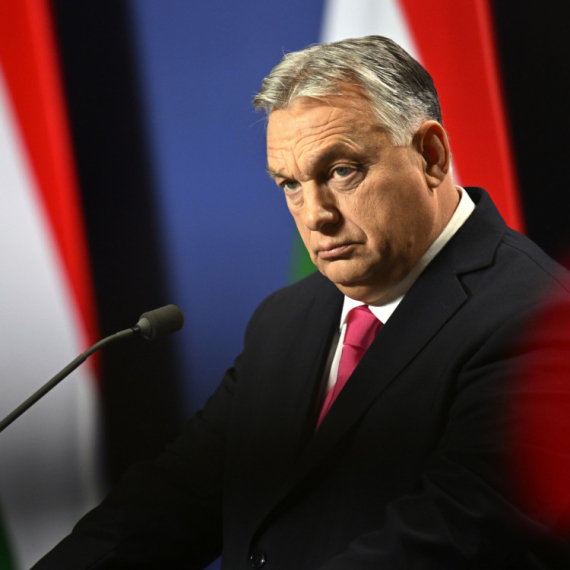









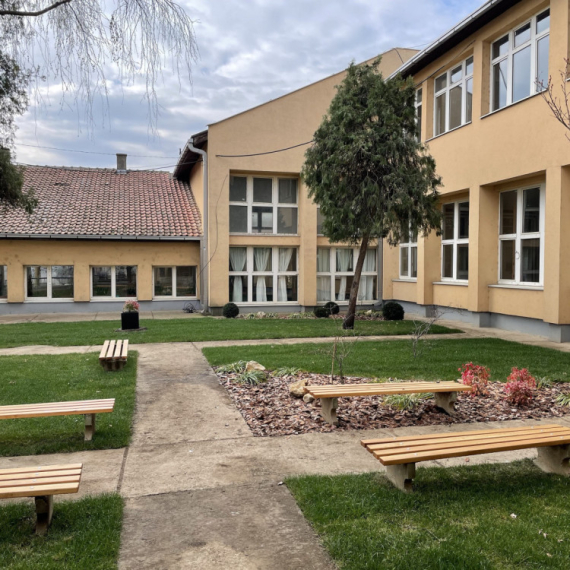















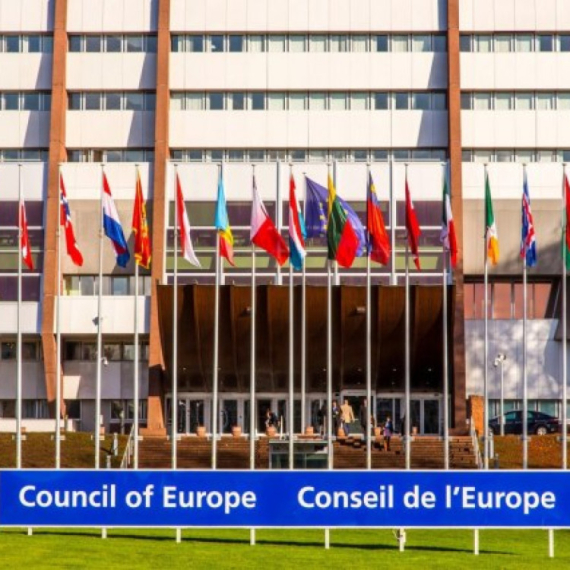












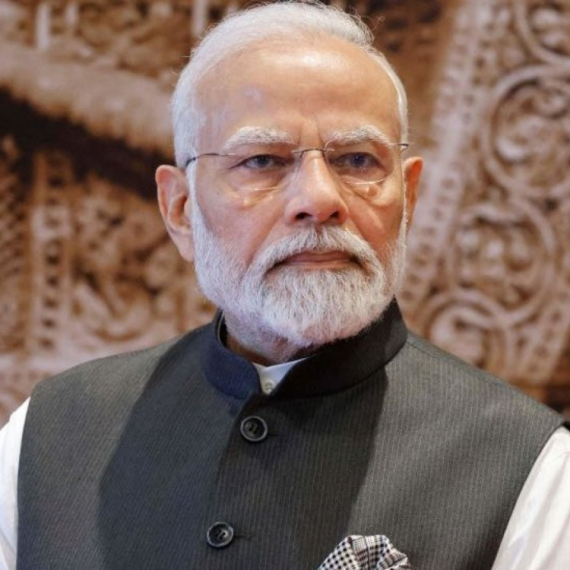

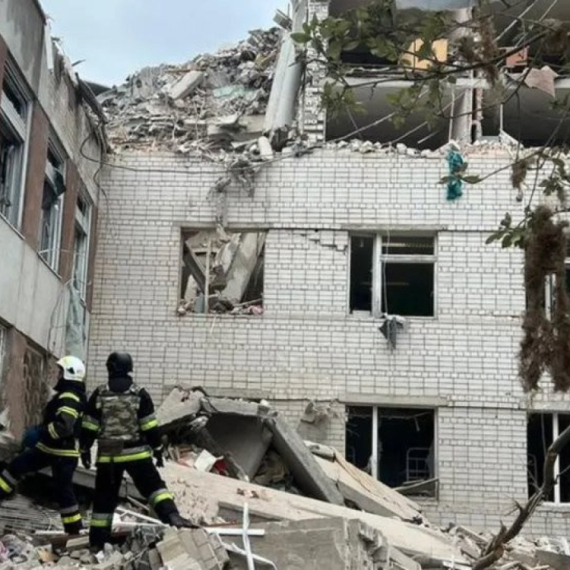

Komentari 0